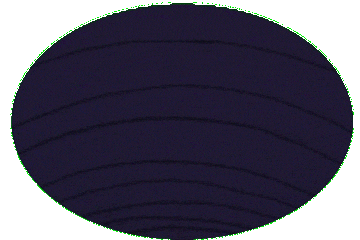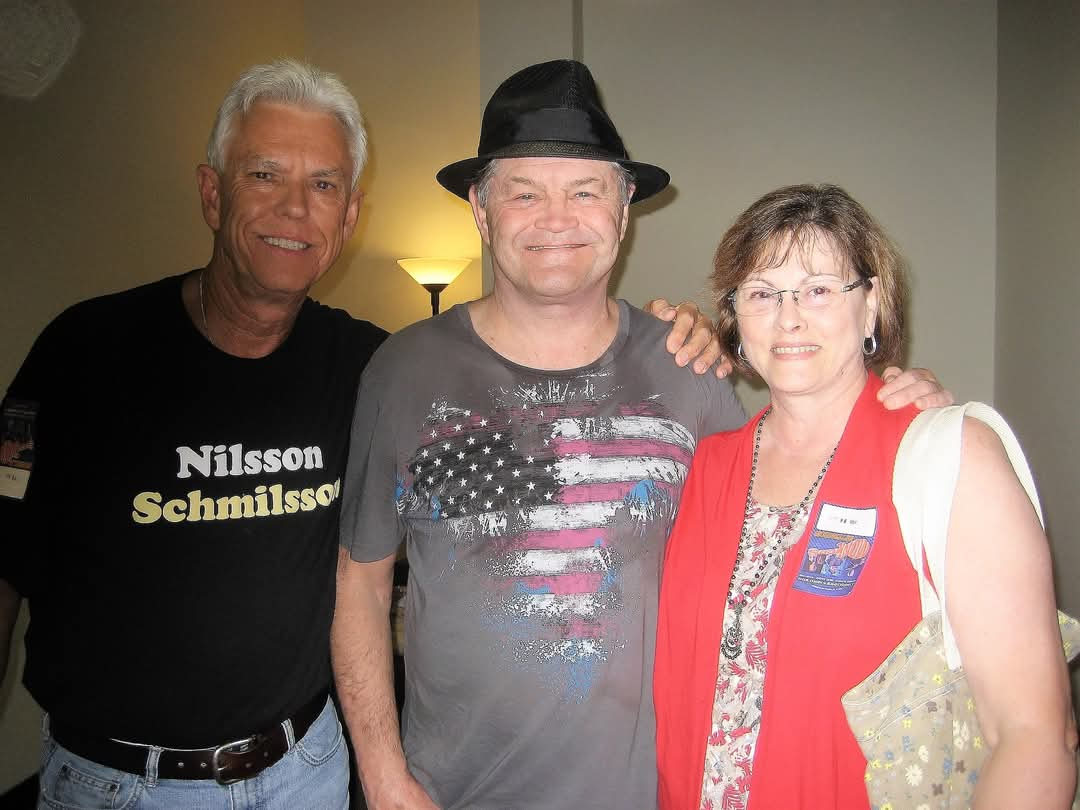Ring's 2026 Super Bowl commercial features Harry Nilsson's performance of "Without You."
Ring Search Party Commercial


Harry Nilsson Sings "Without You" in 2026 Super Bowl Commercial
Ring's 2026 Super Bowl commercial features Harry Nilsson's performance of "Without You."
Ring Search Party Commercial
Harry Nilsson
"Harry Nilsson" by Octoberman
Octoberman released "Harry Nilsson" on August 13, 2025, as both a single and video in advance of Chutes, their seventh full-length album.
The song is described as "a shimmering blend of jangle-pop and wistful storytelling" inspired by Nilsson's take on "Without You."

Gary Nilsson Dies
It is with great sadness that we have learned of the passing of Gary Nilsson.
Gary was a supporter of this website, providing photographs, news articles, and personal anecdotes about his half-brother, Harry Nilsson. Gary was a fan of popular music and Harry's music in particular. His Facebook page is full of photos of him with pop stars from the 1960s and '70s. As a featured guest at Harryfest 2002 he shared stories of growing up as both a fan and relative of Harry Nilsson and about his, and Harry's, father who shared Harry's love of baseball and was once a scout for the Cincinnati Reds.
But, beyond all of that, Gary was a friend. He will be missed.
Newly-Released Film of Harry Nilsson and Ringo Starr at the Son Of Dracula Premiere
A newly-released film shows Harry Nilsson and Ringo Starr attending the premiere of Son of Dracula.
Harry Nilsson and Ringo Starr at the Son Of Dracula Premiere
Richard Perry Has Died
Richard Perry, producer of Harry Nilsson's Nilsson Schmilsson has died. Perry died at age 82 on December 24, 2024.
At the March 1982 Beatlefest Harry Nilsson offered to write a song for the first person to donate $500 to the Coalition to Stop Gun Violence. "Generous Judy" came forward. The song, "Judy," was recorded in three takes with the help of Doug Hoefer.
"Judy" by Harry Nilsson